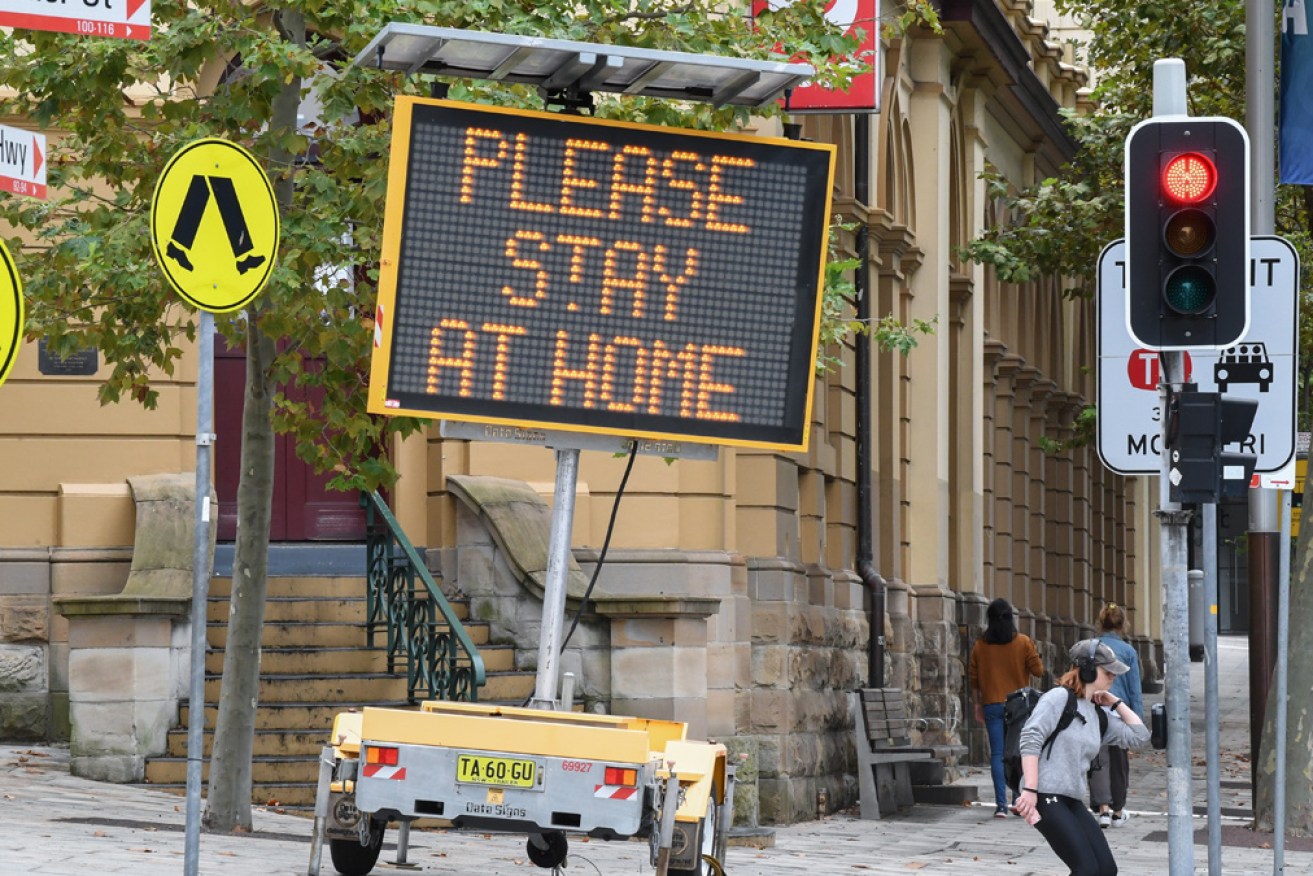Australian researchers identify potential COVID treatment that could ‘future-proof’ the nation


PM Anthony Albanese will host a virtual national cabinet meeting to discuss the pandemic response. Photo: Getty
Australian researchers are one step closer to a potential COVID-19 treatment that could be an alternative for people who can’t be vaccinated.
The treatment harnesses monoclonal antibodies, which are already widely used to treat diseases such as cancer, rheumatoid arthritis and Crohn’s disease.
“Unlike vaccines, which take several weeks to generate antibodies, antibody-based therapies would provide immediate protection against the virus,” said Associate Professor Wai-Hong Tham, the co-lead on the research and a professor at Walter and Eliza Hall Institute.
Other members of the research consortium come from the Doherty Institute, the Burnet Institute, the Kirby Institute, CSL, Affinity Bio and CSIRO.
The team identified two antibodies that effectively prevented the SARS-CoV-2 virus from entering cells in pre-clinical models.
The next step is to start clinical trials, and the researchers have already secured funding.
“To be able to deliver a treatment for patients that was researched, designed, manufactured and trialled here in Australia would be an incredible achievement,” Doherty Institute laboratory head Professor Stephen Kent said.
How it works
Monoclonal antibodies are cloned from white blood cells and are already an established treatment for numerous diseases.
Like white blood cells, they attack foreign antigens as part of the immune system.
The Australian researchers cross-referenced antibodies from recovered COVID-19 patients with the antibody library of Melbourne vaccine manufacturer CSL.
One of those recovered patients was nursing science student Georgie Johns, who provided the researchers with blood samples.
“I contracted COVID-19 early on in the pandemic when not much was known about the virus and I really wanted to do whatever I could to help advance our knowledge about the virus in Australia,” Ms Johns said.
The two leading antibodies identified in this process were then combined into a so-called ‘antibody cocktail’.
“This antibody cocktail effectively blocked virus entry in these tests and reduced the severity of disease in pre-clinical models, enabling the infection to be overcome,” Dr Tham said.
“Our research indicates these monoclonal antibodies are leading candidates to be developed into a treatment for COVID-19.”
Why it matters
As the vaccine rollout has demonstrated, it’s important to have a diverse range of treatments for any given disease.
“In the future, we may be able to use these therapies in people who are immunocompromised or unable to mount a robust immune response to a vaccine,” Dr Tham said.
“If used early on, these treatments could prevent hospitalisations and serious complications from COVID-19.”

WEHI Associate Professor Wai-Hong Tham co-led the research. Photo: AAP
With debate continuing over the efficacy of existing vaccines against emerging variants and talk of booster shots, alternative treatments such as this could offer another weapon in Australia’s arsenal against COVID-19.
“Our research shows that these monoclonal antibody therapies will be effective against global variants and could future-proof Australia against emerging coronavirus pandemics,” Professor Kent added.
Another monoclonal antibody treatment, Sotrovimab, has been provisionally approved by the Therapeutic Goods Administration and is being used to treat people with COVID-19.
The Australian government has already ordered 30,000 units of the intravenous treatment.
“It’s a medicine which has to be determined by the clinicians in terms of the particular circumstances of a patient, but [it has] very promising results,” Health Minister Greg Hunt told reporters last week.
“It won’t work for everybody. It’s not appropriate in every circumstance. It has to be administered in a hospital setting.
“But it will save lives. It is saving lives, and it will also help us achieve the national plan.”








